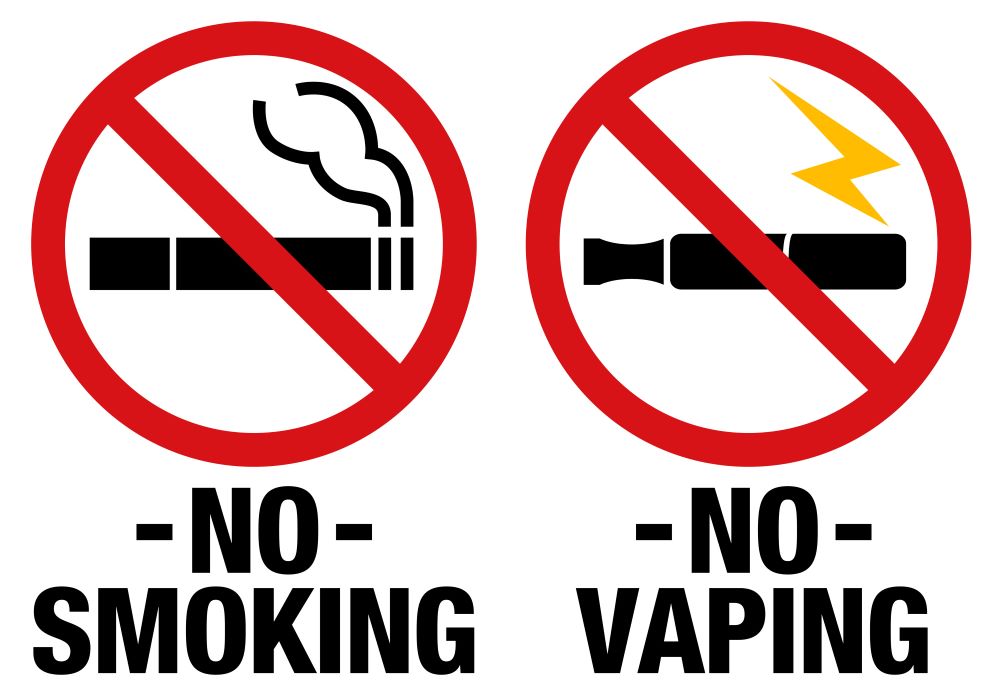On Thursday, the World Health Organization (WHO) called on governments to treat e-cigarettes in the same manner as tobacco and to prohibit all flavors, challenging the tobacco industry's reliance on smoking alternatives.
While some researchers, advocates, and governments view e-cigarettes, or vapes, as a crucial tool in reducing the death and disease associated with smoking, the U.N. agency emphasized the need for "urgent measures" to regulate them.
Citing studies, the WHO stated that there is insufficient evidence supporting the idea that vapes aid smokers in quitting, and it asserted that they pose health risks while potentially fueling nicotine addiction, especially among children and young individuals.

Aggressive marketing efforts have resulted in a higher prevalence of vape usage among individuals aged 13-15 compared to adults across all World Health Organization (WHO) regions.
“Kids are being recruited and trapped at an early age to use e-cigarettes and may get hooked to nicotine,” said Tedros Adhanom Ghebreyesus, WHO Director-General, urging countries to implement strict measures.
The WHO has advocated for changes, proposing measures such as the prohibition of all flavoring agents, including menthol, and the implementation of tobacco control policies on vapes. These measures encompass high taxes and restrictions on usage in public spaces.
It's important to note that the WHO lacks authority over national regulations and serves merely as a guiding entity. Nevertheless, its recommendations are frequently embraced voluntarily.
The WHO, along with other anti-tobacco organizations, is actively pushing for more stringent regulations on emerging nicotine products. This effort specifically targets alternatives that major cigarette companies like Philip Morris International (PM.N) and British American Tobacco (BATS.L) are banking on for their future strategies.
In response to increasingly stringent rules and declining smoking rates impacting their traditional markets, major tobacco firms aspire to establish new revenue streams through cigarette alternatives.
According to the industry's stance, vapes present considerably lower health risks compared to tobacco and have the potential to mitigate the harms associated with smoking. Some argue that certain flavors and more affordable prices play a crucial role in motivating smokers to make the switch, a perspective endorsed by certain advocates of tobacco control.
The World Health Organization (WHO) stated that vapes produce substances, including some identified as cancer-causing agents, posing risks to heart and lung health. Referring to studies, the WHO further emphasized that the use of vapes can also adversely affect brain development in young individuals.























